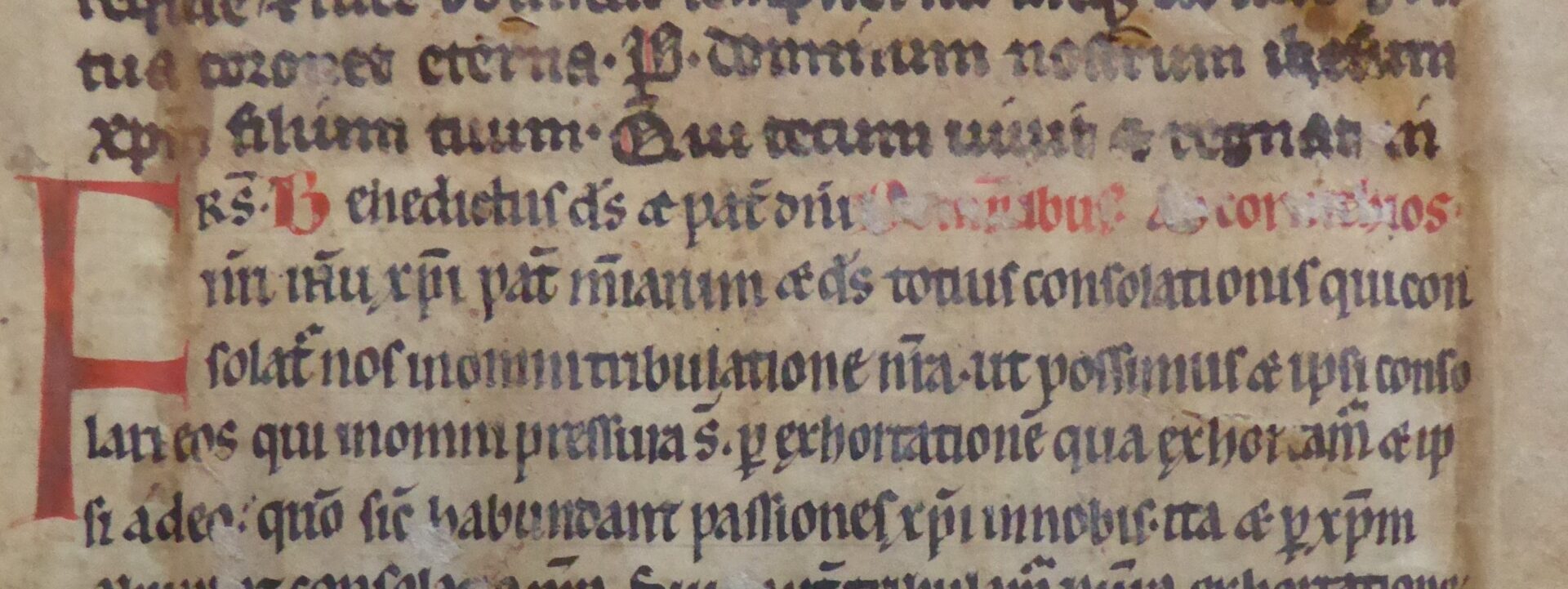
Adrienne Green
King's College London
Project title:
Whose Line Is It? Reassessing Ricardian Poetry

Project Summary:
Middle English literature and manuscripts from the late 14th to early 15th century, like Geoffrey Chaucer’s Canterbury Tales, are some of the most well-known examples of medieval vernacular literature in England. Even so, authorship and compositional and scribal attribution can be difficult questions to answer for these works. Issues like translation status, difference in subject matter, difference in perceived quality, mimicry by later authors, and the intentional similarity and consistency of scribal hands have complicated centuries of traditional scholarly engagement and inquiries on attribution.
In modern scholarship, many key questions remain open for (re)investigation. How much of the ‘Chaucerian’ canon did Geoffrey Chaucer actually write? Could the romance William of Palerne, featuring lovers in bear suits being chased by a werewolf, originate from the same pious, devotional poet that authored Piers Plowman? Is the identification of one of the scribes of Piers Plowman, ‘Scribe D’, as separate from ‘Scribe Δ [Delta]’ accurate? These questions, which are the focus of my research, speak to the heart of historical literary study pertaining to authority, networks of knowledge, and the development of vernacular literature in later medieval England.
So far, medieval literary and palaeographic study have not fully explored the very tools that have the greatest potential to answer these types of questions, or at least tell us if they are answerable: stylometry, digital palaeography, and artificial intelligence. My project will be the first to utilise these digital tools to address these questions of compositional and scribal attribution, combining palaeography and literary analysis with the digital humanities. I also aim to provide new foundations for the use of these technologies in researching vernacular Middle English texts, while speaking to broader conversations on authority and authorship that extend beyond late medieval and early modern literature.